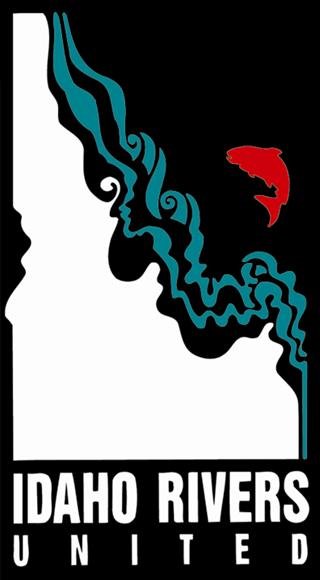The “Practitioner’s Guide to Hydropower Dam Removal” is published
Idaho Rivers United, American Rivers, and the Hydropower Reform Coalition are proud to present the Practitioner’s Guide to Hydropower Dam Removal. This is a comprehensive guide for dam owners and practitioners on removing hydropower dams regulated by the Federal Energy Regulatory Commission (FERC). Removing dams is a common practice and a good option for dam owners or licensees who determine that the expense of ownership is too great relative to the benefits provided by their dams.
While some hydropower dams continue to serve a purpose by generating power, many – both publicly and privately owned – have reached the end of their useful life. Those dams can pose public safety risks, impact fish and other aquatic life, and become costly liabilities to their owners. Many are not profitable or require costly repairs and upgrades that push dam owners and licensees to consider removal.
Did you know?
46 FERC-regulated hydropower dams have been removed in the U.S. This is fewer than 3% of all dam removals.
Most hydropower dam removals are initiated by dam owners and stakeholders during the relicensing process.
A 2020 survey of hydropower licensees found that 30% of dam owners are considering decommissioning and removal instead of relicensing their projects.
Economics is the primary reason that licensees and dam owners are choosing to remove their projects.
1,243 dams have failed or required emergency action to prevent failure. Dam removals can be permanent solutions to dam safety.
The guide covers the complex issues of license surrender, decommissioning, and dam removal processes for hydropower dams. In addition, the guide has twenty-one case studies on selected projects to inform future hydropower dam removals.
Idaho Rivers United staff, the Hydropower Reform Coalition Steering Committee, and external partners, including American Rivers, contributed to this document.
For more information on IRU’s Hydropower program, or to view the Practitioner’s Guide, please visit: www.idahorivers.org/hydro-reform


